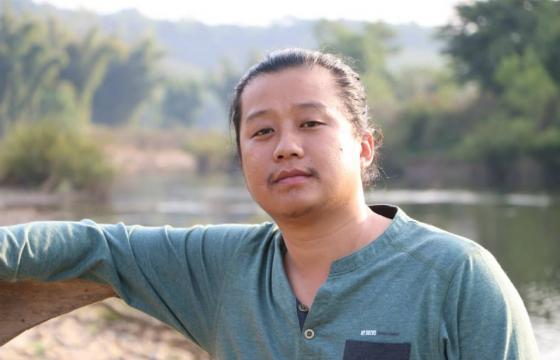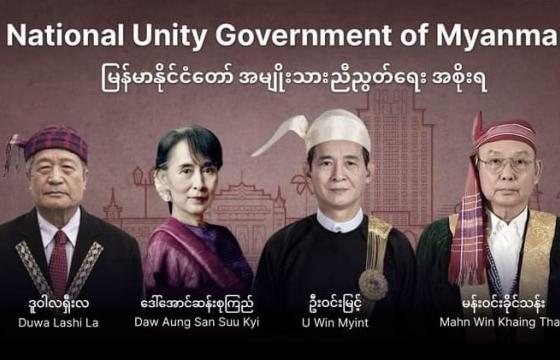The public, politicians, activists and EAOs have welcomed and supported the declaration of the formation of the interim National Unity Government by the Committee Representing Pyidaungsu Hluttaw (CRPH).
The following are the views of political observers and officials of ethnic parties and the EAOs, on the formation of the NUG.
Naing Banyar Mon-Director of the Federal Affairs and Policy Center
I understand that the NUG is based on the principle of all-inclusiveness. Although not all ethnics and democratic forces are included in the NUG yet, efforts are being made to ensure the inclusion of all parties. As it paves the way for inclusion it is a better form of democratic government. I also understand that, the united government composed of all ethics will emerge in building the future union.
Phado Man Man, Spokesperson of the KNU/KNLA (brigade-5 Mutraw (Hpapon) District

It can be said that now we have a sense of direction and a destination with federalism as the fundamental principle of the NUG charter. We will achieve the political goal we want if we implement it in accordance with the charter. That’s why I support and welcome it. In my opinion, the NUG is still in the stage of the revolution. It is not yet able to exercise and build government institutions which have the freedom to implement their programmers. The NUG has many limitations due to the military council’s crackdowns. That’s why the NUG is unfinished work. Cooperation of all ethnic political parties and especially the EAOs is needed.
U Kwan Haung Aung Kham, ex-chair of the Kachin Democratic Party

Those from other States should be included in the NUG. I think the people should not blame the CRPH. In my view whether it is good or not and whether it achieves success or not will depend on their work and I think the CRPH is trying its best. Marching towards a federal country calls for all-inclusiveness. The CRPH needs to hold discussions with all parties. I view the NUG as a central government rather than the federal government.
Khu Thae Yal, General Secretary of the Kayah State Democratic Party

In my view, the situation heading to the federal democracy system takes shape to a certain extent. I don’t know how the practical implementation will be. But it is an acceptable beginning. As we mentioned earlier, our ethnic parties proposed that the country needs to form such a national unity government. We have sought various means to solve the political problems in Myanmar. There are agreements contracts signed between ethnics. To be honest, it is like the Panglong Agreement and the agreements signed in around 1988. It needs practical implementation rather than just on paper.”







